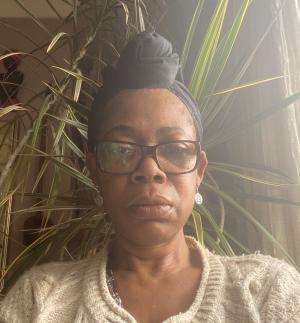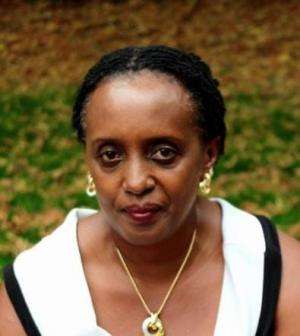Why we still need our safe place to talk about racism in social work

Published by Professional Social Work magazine, 17 October, 2022
Pauline Sergeant, Chair of BPS and consultant social worker
Anti-racist training and practice remains crucial to addressing the wellbeing of social workers of colour, even after the devastating ramifications of George Floyd’s murder in America on 25 May 2020.
The ravishes of Covid-19 and the subsequent impact of controversial vaccine regulations and threats of job loss also influenced the professional outlook of many social workers who before these events were dedicated to making a difference to people’s lives.
Membership of BPS has provided a safe space and cushion for the regular negative impact and trauma experienced by some for sharing their true narratives of lived experiences in the workplace.
In my own experience, using much-welcomed race concepts that immediately resonate with and are familiar to the oppressed have proved unpopular with many who have race-related privileges.
As chair of BPS I feel it is important to continue the promotion of anti-racist training and allyship both in the workplace and externally. There is a need to secure safe spaces in the workplace where psychological safety and wellbeing can be cultivated and cherished, and social workers of colour can re-emerge feeling fully respected.

Diana Onyango, social worker with an adults disability team in south-east London
When I first joined BPS I was not sure where that would lead. However, two years in and I can now see the benefits. There is power in numbers. Small actions can create an impact.
We have shared experiences, learnt from one another, and taught others about what it takes to stand in your truth as a social worker of colour. We have encouraged one another on those days when the issues threatened to overwhelm us. We have cheered one another on in our small and big triumphs, never losing the vision we have - of social work practice devoid of racism, covert or overt.
We have embraced our individual as well as our corporate vulnerabilities. We have sometimes succumbed to exhaustion, but still risen to the occasion when situations demanded it.
The old saying still stands true - united we stand, divided we fall. As Black and ethnic minority social workers we call upon those with kindred spirit on the fight for anti-racism to join hands with us. It will change and strengthen you in ways you never envisaged before.
However, you don't have to take my word for it. Learn more from this powerful episode hosted by the founder of BPS, Wayne Reid, who shines a spot light on the true meaning of anti-racism in The Triple 'A' Chinwag: Episode 3. You will be in for a treat!
Rachael Rooke, senior lecturer in social work at Manchester Metropolitan University
The concept and membership of the Black and Ethnic Minority Professionals Symposium (BPS) was much appreciated in the aftermath of the murder of George Floyd. The symposium was an opportunity to communicate and debate with Black, Asian and ethnically diverse social work colleagues about contemporary issues regarding race and racism in the profession.
Through our discussions, it became clear that all of us had experiences in practice that were fuelled and perpetuated by bias, stereotyping, prejudice, or to be succinct, racism. We used these negative experiences for good, and began a steady campaign for positive change, galvanised by the seemingly mainstream commitment to anti-racism in health and social care.
Latterly, on reflection, it seems as a society and more importantly as a profession, we are more adept at talking about being anti-racist than being anti-racist. In short, making a commitment to anti-racism without an action plan does not equal an output.
Racism in practice, in the office, in documentation, still exists because it is allowed, because it is not explicitly disallowed.
The current pressures that social workers encounter daily are not unknown or unexperienced by members of the BPS, but these pressures do not absolve any of us from being accountable for our beliefs and conduct; sometimes these are the only things within our control.
With that in mind, membership of the BPS has educated and motived me in a way to consider my own activism in practice. The changes I have made are small but ongoing, and have potential, mainly through coproduction and the commitment of others, regardless of ethnicity, who want to advance social work practice and intervention.
A profession-wide resurgence of anti-racist social work needs vision and action from people who are in positions of power, and for them to be the difference. Whilst this may or may not be forthcoming, the existence and remit of the BPS strives to embody the ethics and values of anti-discrimination, anti-oppression, advocacy, empowerment, and social justice for and in social work practice.
Anti-racism template launched
Members of BASW’s Black and Ethnic Minority Professionals Symposium have helped to shape a new an anti-racist supervision form for social work - along with practitioners, social work students, managers and practice educators.
The new form has been created in a bid to “integrate anti-racism in the supervisory space” and puts a strong emphasis on wellbeing,
Shabnam Ahmed, a member of BPS who led on the project, said it will help to eradicate “colour blind approaches in supervision”.
